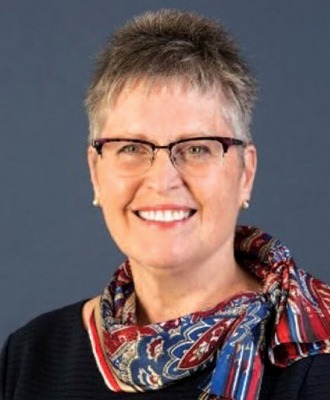
By Debbie Gardner
Laurie Cassidy has spent her career working with elders, first through Greater Springfield Senior Services, and since 2010, as Executive Director of the West Springfield Senior Center.
With COVID-19 restrictions still a concern as we move into fall, Prime asked Cassidy how her Center has been keeping elders engaged, and what advice she had for staying active as we move indoors. Here’s what she shared with us:
Q: It’s been six months since Senior Centers had to close. How has the West Springfield Senior Center been helping patrons stay healthy and engaged?
“Our Center has spent a lot of time keeping in touch with our clients and patrons by making wellness calls. We have encouraged patrons to reach out to other members [of our Senior Center] and some groups have started meeting weekly using Zoom, which is keeping them active and engaged. We are also utilizing social media to post fitness classes, health information, videos and to promote our meal program. Additionally, we use our town’s cable access channel as another means to disseminate information to our public.
“I am very proud of our most recent collaboration with our public library…we are now delivering library materials (books, music, DVDs, etc.) to town residents 60 years and older, who do not have transportation and who need to self–isolate during the pandemic. I’ve received many thank you notes since starting this service. One patron thanked me for ‘bringing entertainment and enlightenment in the form of books to her doorstep.’ This service is very easy to replicate in any community.”
Q: Beyond activities initiated by their local senior center, how else can elders can stay active this fall?
“I think there are the usual solitary activities that can be very helpful to pass time during the day – crossword puzzles, word searches, card games and crafts such as knitting, crochet and quilting – anything that engages the hand-eye coordination.
“Those who like to spend time in the kitchen might enjoy watching cooking shows and try cooking along. You can do the same thing with Facebook – there are pages that show someone cooking and you cook along – it’s something that people can do at home while limiting their contacts.
“Exercises on television, tape, DVD or other social media formats are also very popular.
“When it comes to borrowing library materials, our library has quite a large collection of large print materials, which is beneficial for those who may have difficulty holding a book and/or need large print for easier reading. There’s also books on tape that you can get through the public library that can be a help for anyone with vision concerns.
“As long as the weather is nice, it’s good to get out of the house, take in fresh air and use the green spaces around your home and neighborhood. Our local parks are wonderful places; many have accessible trails so even if one uses a cane, walker or wheelchair, it is possible to enjoy the outdoors safely.
Q: Is there anything else elders should do to prepare for the indoor months ahead?
“September is Emergency Preparedness Month - the time to make sure you have items like working flashlights, batteries and extra medication on hand. We encourage our clients to make and keep a ‘go-to bag,’ which is a bag packed with necessities. Having a go-to bag is a big part of taking care of yourself especially if you live alone.
“Another important thing to have is a File of Life card that you fill out in pencil so you can make changes as needed to list emergency contacts, physician, medications, allergies, etc. The File of Life is put into a magnetic holder and placed on the side of your refrigerator; if you call for emergency services, first responders will look there for information. If someone needs a File of Life card they can call our Center at 263-3264 and we’ll mail them one.
“Equally important is that you have a health care proxy to speak on your behalf and someone who knows your wishes. Especially with the pandemic and having family in many cases limited in going into the hospital to advocate for you, if you are transported that information is really critical.”